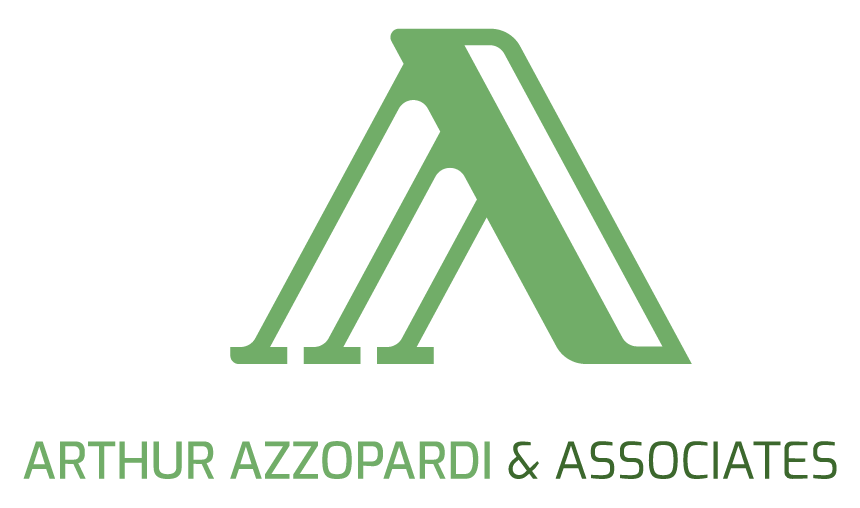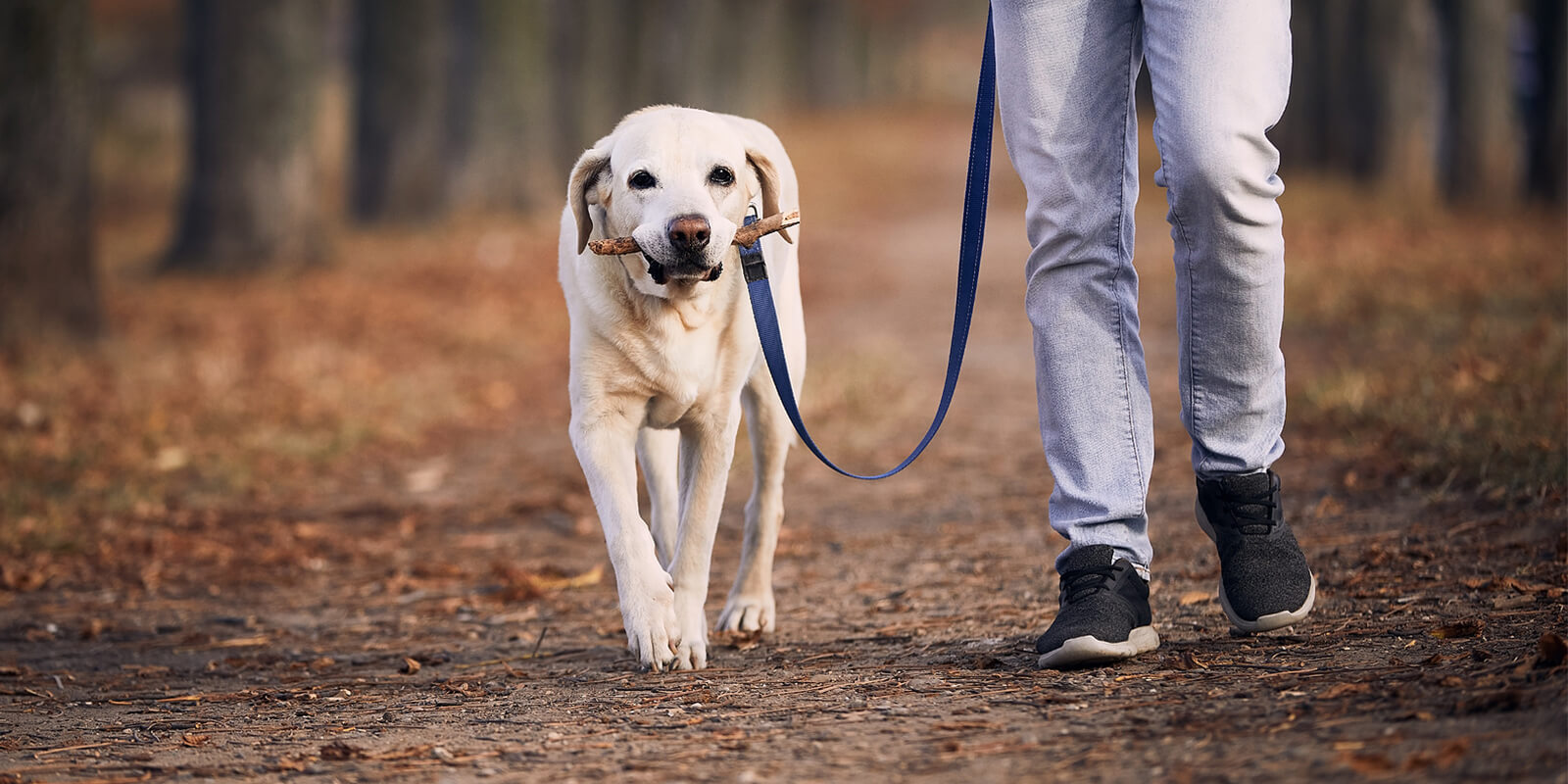By Dr. Analise Magri – Junior Associate
“The only, absolute and best friend that a man has, in this selfish world, the only one that will not betray or deny him, is his dog.” This strong statement made by King Frederick of Prussia way back in 1789 paved the way for the now widely used phrase ‘a dog is a man’s best friend.’
When one decides to become a dog owner, the first things that initially come to mind are more often than not decisions relating to whether to shop or adopt, the size of the dog one intends to have, the name of the pooch, and many other material things to make the pup settle into his new home. Whilst this is all well and good, little does the potential dog owner wonder as to which laws s/he would have to abide by now that s/he is the owner of a ‘canis lupus familiaris’ (a domestic dog).
Chapter 312 of the Laws of Malta is a whole piece of legislation targeted specifically for dog-owners or persons who have a dog under their control; as a matter of fact, it is called the “Dogs Act.” This piece of legislation stars off by explaining that no person (over the age of 18 and capable of taking charge of a dog) shall keep a dog of the age of six months or over without a licence issued by the Commissioner of Police. This has been more recently complemented through specific set of regulations known as the Electronic Identification of Dogs Regulations (Subsidiary Legislation 437.101) which came into force on the 20th of May 2011. The electronic tagging of dogs (more commonly known as microchipping) has become binding on all pups over the age of four months in that any person in possession of a dog who fails to electronically identify such a dog shall be liable to a fine (multa) of €300. All microchipped dogs are subsequently entered into a National Microchipped Dogs Register.
Legal obligations of dog owners do not stop with electronic tagging and registration. Subsidiary Legislation 312.01 (the Control of Dogs Regulations) is also an important legislative instrument worthy of discussion. Right from the get go, this legislation caters for other people’s protection when a dog owner takes his dog out for a stroll by providing that “no person who has any dog under his control shall allow such dog to stray and where the dog is taken out in any street, the dog shall be kept of leash – this however with an exception to dogs which are used for hunting purposes (kaċċa). This applies irrespective of the size, breed, and/or temperament of the dog. The law however provides a further obligation for tempered dogs, this by imposing that if a person knows or suspects that the dog under his control is temperamental, dangerous, or can cause harm to any person, he shall also keep the dog muzzled at all times in any public place. Furthermore, the responsible law-abiding dog owner or controller shall always be prepared for any potential dog soiling and carry with him what the law has termed as a ‘dog bag’. Failing to adhere to either of these provisions, one would be at risk of being found guilty of a contravention and liable to the respective punishments as provided through the Regulations.
Special attention must always be given to dogs with a temperament. Whilst the law does not specify what classifies a dog as “dangerous”, the law itself through article 14 (4) of Chapter 312 of the Laws of Malta provides that a dog which has bitten or assaulted a person shall be considered to be dangerous, unless the contrary is proved. In its essence, article 14 of the Dogs Act creates as a punishable offence the failure on the part of a dog owner or keeper to control a dog which is dangerous to persons. The traps of this legal provision may prove to have consequences not only on the irresponsible individual, but also on the dog itself who may also come to face punishment upon a court order if it is proved to be dangerous to people. The latter consequence, which the law describes through the harsh word “destruction”, may be ordered irrespective of whether the dog owner or keeper himself is found liable of having failed to kept the pooch under proper control. The decision is left entirely into the hands of the Court to analyse and determine whether the act was done by the dog without any form of provocation on the part of the person injured or otherwise because the owner or the keeper of the dog is not taking care of it and keeping it under control as required by the Law. Furthermore, as can also be seen from local judgements, the Court may decide against the destruction of the dog (even if considered dangerous) and rather orders that the dog be kept in an animal sanctuary forever.
An article of the sort cannot be concluded without referring to a strong pronouncement made by the honourable Court of Magistrates as a Court of Criminal Judicature in that while animals are beautiful and good companions, they just as much can offer danger if whoever is responsible for them does not take care of them properly. If one chooses to look after a dog or any other animal he must be responsible for his actions at any time of the day and in any place he may be.


